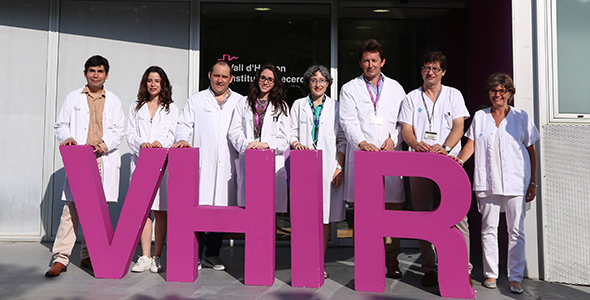Oncology
Biomedical Research in Cancer Stem Cells
Matilde E. Lleonart
Yoelsis Garcia-Mayea, Alberto Indacochea Cusirramos, Andrea Feliciano Aguirre, Carolina Velandia Melo, Juan Lorente Guerrero, Josep Castellvi Vives


Summary
We have recently shown that the over expression of the RPLP1 protein immortalizes the primary cells and contributes to the transformation. Furthermore, the P proteins over express in human cancer, with more prevalence in breast carcinoma. It is thought that the alteration of the P complex would have a direct affection in protein synthesis, causing to stop the cellular growth and, finally, apoptosis. Our group has discovered a different mechanism by which cancer cells stop the cellular cicle and autophagy when the P proteins are inhibited.
In conclusion, our results sustain the role of autophagy as a mechanism of survival in response to the stress caused by the deficiency of the P proteins.



